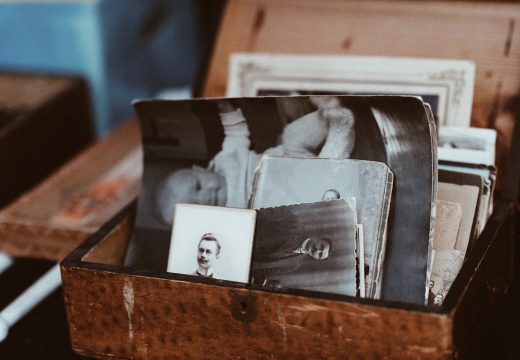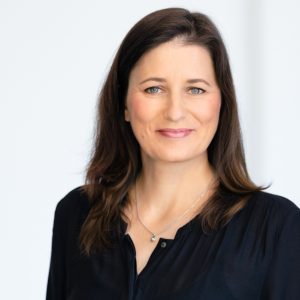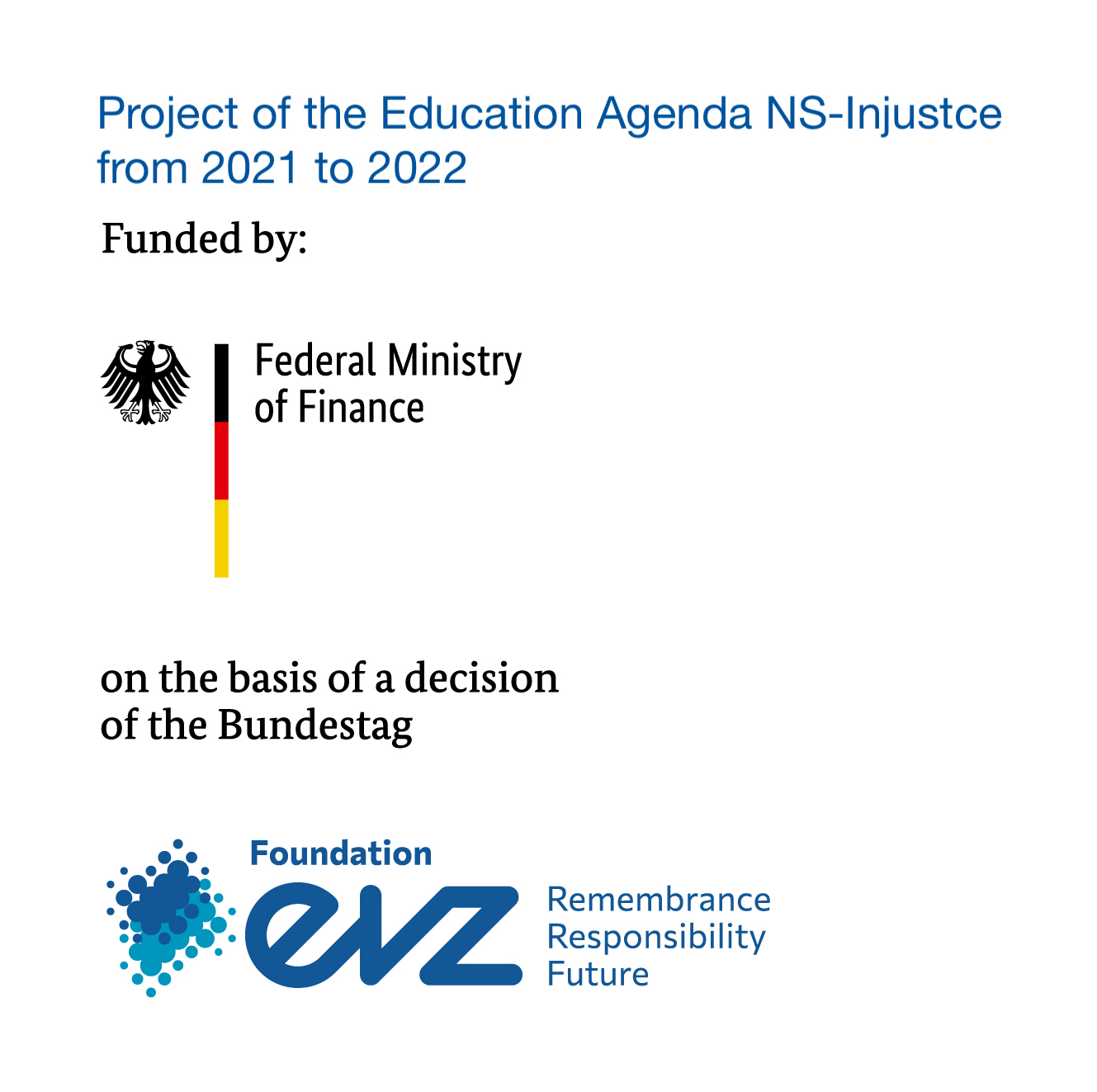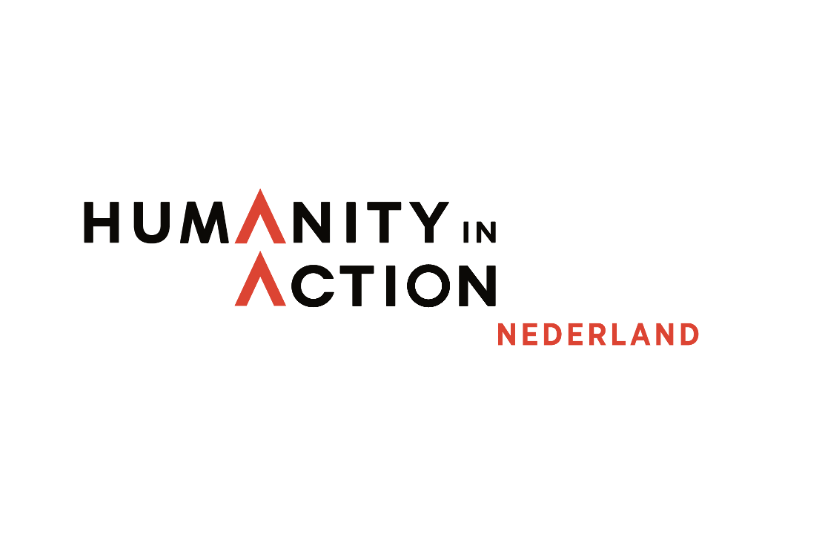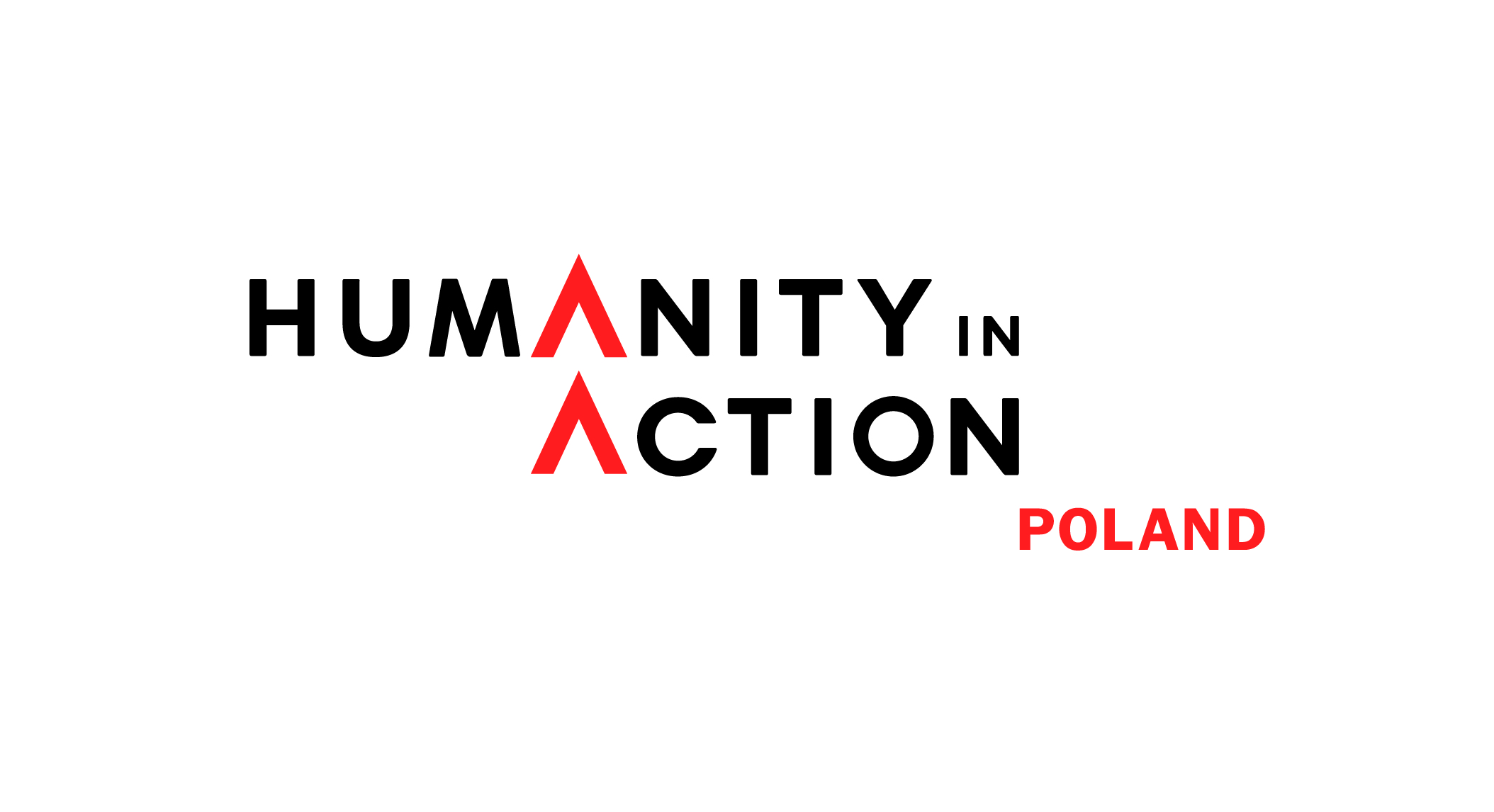 Why are some history stories told, but not others? Learn about the anti-colonialism movement, racism, Antisemitism, resistance, the LGBTQIA+ community, family histories, the Holocaust and much more. This is a video series of stories uncovering lesser known narratives and places in the context of Nazi injustices.
Why are some history stories told, but not others? Learn about the anti-colonialism movement, racism, Antisemitism, resistance, the LGBTQIA+ community, family histories, the Holocaust and much more. This is a video series of stories uncovering lesser known narratives and places in the context of Nazi injustices.
Discover these untold stories and be amazed.
Humanity in Action Fellows and Senior Fellows produced these videos. They received a supporting stipend.




